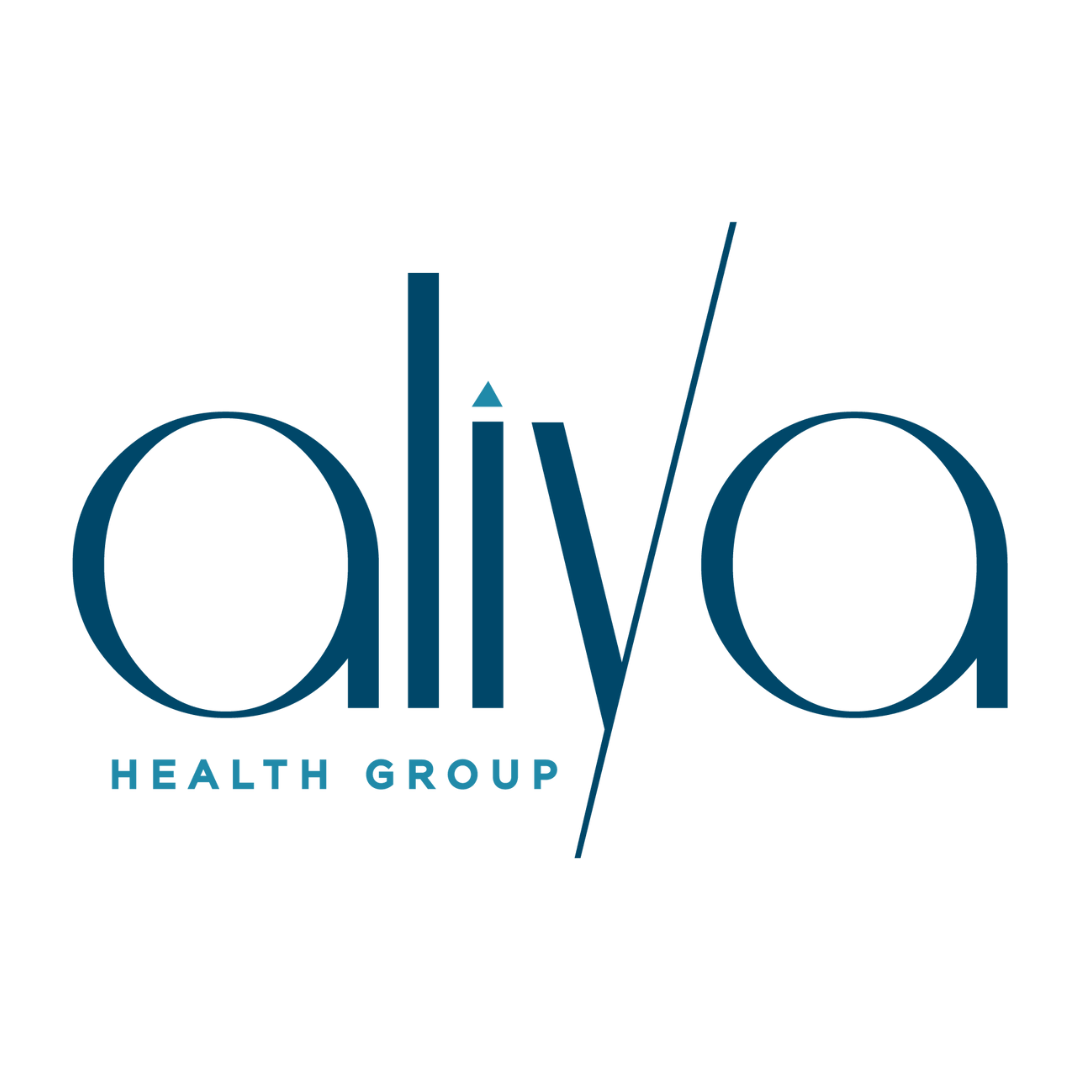When it comes to substance abuse and addiction, the search for a greater high often leads to new and even more dangerous drugs. One such group of illicit drug gaining attention from law enforcement and public health officials in recent times is nitazenes, a class of opioids with potent effects and concerning impacts such as a high potential for drug overdoses and overdose death.
What Are Nitazenes?
Nitazenes, also known as isotonitazene or “ISO,” are a group of lab-made opioids that were developed in the 1950s by pharmaceutical companies. Initially studied as an alternative to morphine for pain relief, Nitazenes belong to the benzimidazole family of compounds. They are structurally different than opioids but share similar properties. Despite its promising chemical makeup, nitazenes were never approved for medical use. The risk of overdose and addiction was just too great.
Much like other street drugs, there is still no approved medical use for nitazenes. Drug manufacturers overseas re-introduced the drug to the illicit market, and the first detections in the U.S. occurred in 2019. Unfortunately, their introduction into the drug market has been linked to a concerning number of drug overdose deaths.
Nitazenes are sold in various forms, including white or brown/yellow powder and illegally manufactured pills. They can be taken in several ways, with injections being the most common. However, they can also be ingested through other routes, such as smoking or snorting. The availability of nitazenes in different forms contributes to their widespread misuse and the associated risks of overdose and addiction.
Are Nitazenes Dangerous?
Nitazenes are extremely dangerous to individuals who misuse them, posing a heightened risk of addiction and poor health effects. Overdosing on nitazenes is a grave concern due to their potency. Compared to other opioids, nitazenes are some of the most potent, making them particularly unsafe substances.
According to the Drug Enforcement Administration (DEA), nitazenes can be up to 10 times as potent as fentanyl, a synthetic opioid approximately 50 times more potent than heroin. This extreme potency means that even small amounts of nitazenes can lead to life-threatening breathing problems, coma, and death. Additionally, the questionable purity and dosage of illegally manufactured nitazene products further increase the risk of unintentional drug overdose.
The effects of nitazenes also present both short-term and long-term health hazards. In the short term, misuse of nitazenes can lead to breathing issues like respiratory depression, sedation, and impaired thinking. This increases the risk of accidents and injuries. Chronic use of nitazenes can lead to physical dependence, withdrawal symptoms when stopping, and disruptions to overall health and well-being.
Prolonged opioid use is associated with a range of health issues, including cardiovascular complications, respiratory disorders, gastrointestinal problems, hormonal imbalances, and neurological damage. Moreover, opioid addiction often leads to social and economic consequences, including strained relationships, loss of employment, financial instability, and involvement in criminal activities.
The exceptional potency of nitazenes, coupled with their addictive nature and associated health risks, underscores the significant danger they pose to individuals and communities. Understanding these risks is crucial for implementing effective prevention, intervention, and treatment strategies to address the devastating impact of nitazene misuse and addiction.
Get confidential help from our addiction and mental health treatment facilities located across the United States. Call to join one of our quality programs today!
Speak With Our Admissions TeamAre Nitazenes Addictive?
Yes, nitazenes are highly addictive substances, posing significant risks to individuals who misuse them. Like other opioids, nitazenes interact with the brain’s reward system. This leads to the release of dopamine and reinforces drug-seeking behaviors. The quick onset of euphoria and pain relief drives individuals to seek out and misuse these substances repeatedly. Moreover, many people develop a tolerance to nitazenes, making them need increasingly higher doses to achieve the desired effects. This further extends the cycle of addiction.
When individuals attempt to reduce or stop nitazene use, they may experience withdrawal symptoms, such as nausea, sweating, anxiety, and cravings, driving compulsive drug-seeking behavior to escape discomfort.
What Is Nitazene Treatment Like?
If you or a loved one are struggling with nitazene addiction, seeking treatment is essential for recovery. Opioid treatment programs (OTPs) offer comprehensive care tailored to address the complexities of opioid addiction, including the misuse of potent substances like nitazenes.
Opioid treatment programs are specialized healthcare facilities that provide evidence-based treatments for opioid addiction, including nitazene misuse. These programs offer a range of services aimed at addressing the physical, psychological, and social aspects of addiction, helping individuals achieve and maintain recovery. Through medication-assisted treatment (MAT), counseling, peer support, and comprehensive care, OTPs empower individuals to overcome nitazene addiction and build fulfilling lives in recovery.
- Medication-Assisted Treatment (MAT): One of the main components of OTPs, MAT involves the use of medications, such as methadone or buprenorphine, to reduce cravings and withdrawal symptoms associated with nitazene addiction. These medications are administered under medical supervision.
- Counseling and Behavioral Therapies: In addition to medication, OTPs offer counseling and behavioral therapies to address the underlying issues contributing to nitazene addiction. These therapies help you develop coping strategies, improve problem-solving skills, and address co-occurring mental health disorders.
- Peer Support and Community Resources: OTPs often provide access to peer support groups and community resources, such as Narcotics Anonymous meetings and other support networks. Peer support groups allow you to connect with others who have shared experiences and provide encouragement and accountability throughout the recovery journey. Community resources provide additional support and assistance with various aspects of recovery, such as housing, employment, and legal issues.
- Comprehensive Care and Individualized Treatment Plans: OTPs offer individualized treatment plans tailored to each individual’s unique needs and circumstances. Comprehensive care includes ongoing assessment, monitoring, and adjustment of treatment interventions to ensure optimal outcomes.
Looking for quality treatment for substance abuse and mental health that’s also affordable? Aliya Health Group's treatment facilities accept most major insurance providers. Get a free insurance benefits check now!
Check Your CoverageNitazene Treatment at Aliya
At Aliya Health Group, our treatment centers provide a full continuum of care for opioid treatment. Our integrated approach to treatment offers both evidence-based and holistic recovery practices. To treat nitazene addiction, our clinical team offers unique levels of care, including:
- Medical detox: Removing all drugs from your system under medically supervision to treat withdrawal symptoms and make detox as comfortable as possible
- Residential treatment: Living full-time at our rehab centers to focus your entire attention on getting sober and overcoming mental health issues.
- Partial hospitalization program (PHP): A more flexible treatment option where you attend therapy five days per week while you live at home or in one of our sober living centers
- Intensive outpatient program (IOP): A step down in intensity from a PHP, involving regular treatments and meetings at a rehab center, for fewer days per week and shorter duration
- Outpatient program: A step down from IOP, building on all the tools and coping skills learned throughout rehab
- Aftercare: Provided after opioid addiction treatment to help you maintain your sobriety, build a support network, and address ongoing challenges related to drug addiction
If you or your loved one are struggling with nitazene addiction or a problem with any street drugs, don’t wait. Opioid addiction is a threat to public health. Nitazenes represent a new threat when it comes to the illicit drug market. Synthetic opioids are a problem for law enforcement and first responders. Do your part and get help from a recovery center with opioid use disorder treatment programs. Reach out to Aliya Health Group today to take the first step toward a drug-free future.
- Notes from the Field: Nitazene-Related Deaths — Tennessee, 2019–2021 | MMWR (cdc.gov)
- New, Dangerous Synthetic Opioid in D.C., Emerging in Tri-State Area (dea.gov)
- Rate and Risk Factors Associated With Prolonged Opioid Use After Surgery: A Systematic Review and Meta-analysis | Surgery | JAMA Network Open | JAMA Network





















